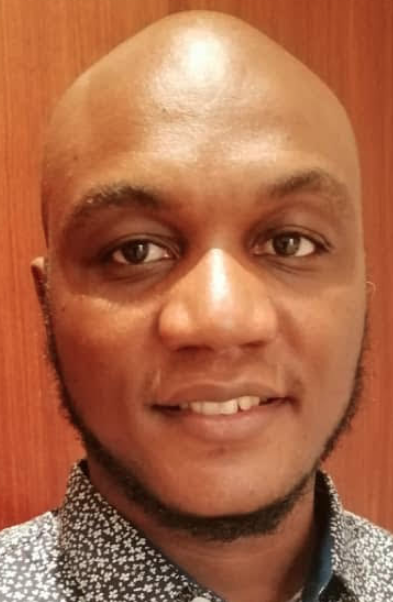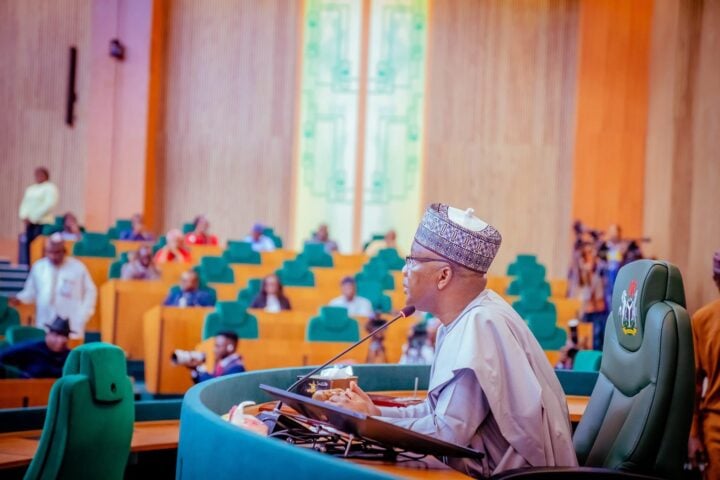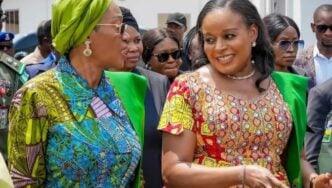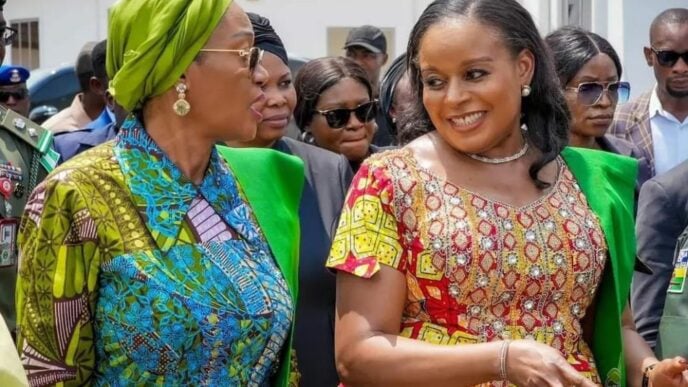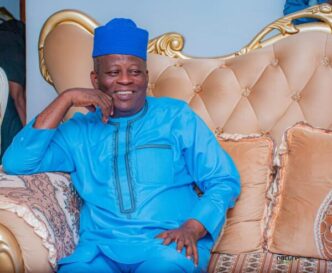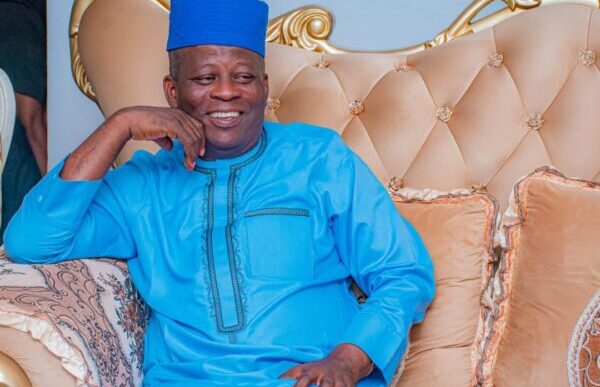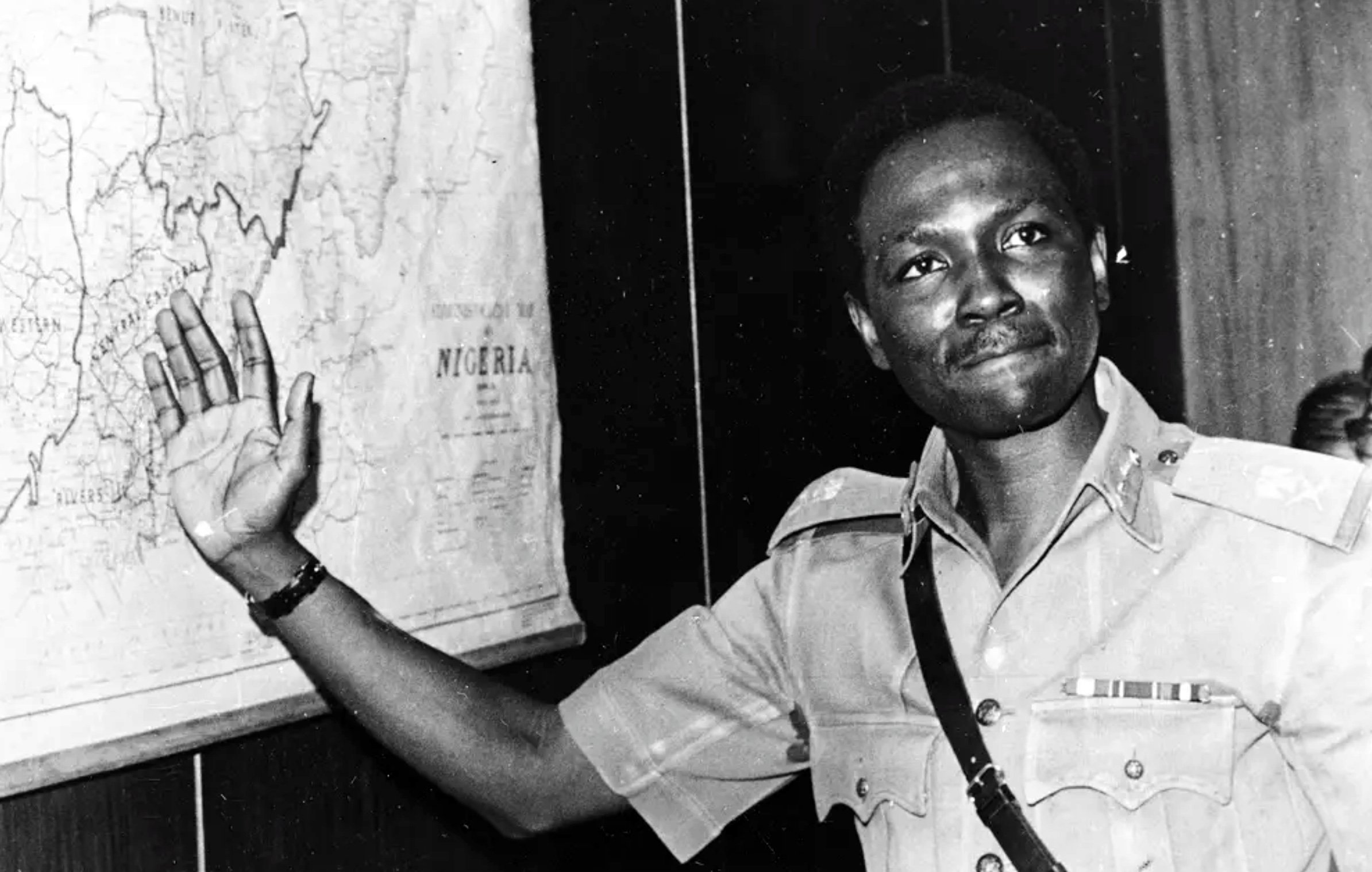Tajudeen Abbas, speaker of the house of representatives
In the grand theatre of Nigerian politics, where the script often seems to be written on the fly, we find ourselves once again witnessing a drama that would be comical if it weren’t so emblematic of our nation’s deeper issues.
The latest act? A squabble over national honours that has the house of representatives up in arms, demanding nothing less than the most prestigious baubles for their leader.
Let’s set the stage, shall we? President Bola Tinubu announced the conferment of national honours as part of the Independence Day celebrations. The senate president, Godswill Akpabio, and the chief justice of Nigeria, Kudirat Kekere-Ekun, were to be adorned with the Grand Commander of the Order of the Niger (GCON). Meanwhile, the speaker of the house of representatives, Tajudeen Abbas, was slated for the Commander of the Order of the Federal Republic (CFR).
Cue the outrage. The house of representatives, in a display of solidarity that one wishes they’d show for more pressing national issues, rejected this “slight” against their leader. They demanded nothing less than the GCON for Speaker Abbas, insisting that anything less would be an insult to the hallowed chambers they occupy.
Advertisement
Now, let’s pause for a moment and consider the absurdity of this situation. In a country grappling with insurgency, economic instability, and a host of other challenges that keep the average Nigerian awake at night, our lawmakers are embroiled in a heated debate over… ribbons and medals.
But wait, there’s more! The justification for this uproar is even more intriguing. The lawmakers argue that tradition dictates the head of the legislature should receive the GCON. It’s a fair point until one remembers that the senate president, not the speaker, is considered the head of the legislature and chairman of the national assembly.
This begs the question: Are we witnessing a subtle power play within the legislative arm? Is this really about honouring tradition, or is it a thinly veiled attempt to elevate the Speaker’s position to be on par with the Senate President?
Let’s not forget the broader context here. The GCON is typically reserved for vice-presidents, heads of the legislature, and the judiciary. The notable exception to this rule is Aliko Dangote.
Advertisement
One can’t help but wonder if our lawmakers have lost sight of the forest for the trees. In a nation where millions struggle to make ends meet, where security challenges persist, and where infrastructure crumbles, should the colour of a ribbon or the letters of an acronym really be a priority?
Perhaps it’s time for a frank conversation about what these honours truly represent. Are they a genuine recognition of service to the nation, or have they become mere political tools, used to massage egos and curry favour? The fervor with which this issue is being pursued suggests the latter.
Moreover, this controversy shines a light on the often murky waters of Nigerian political traditions. We cling to certain practices with an iron grip, yet are quick to discard others when convenient. The selective application of “tradition” in this case is telling.
But let’s play devil’s advocate for a moment. If we’re to take the House’s argument at face value, shouldn’t we then be questioning why the speaker wasn’t initially considered for the GCON? Is there a disconnect between the executive and legislative arms in understanding each other’s roles and hierarchies? Or is this simply a case of oversight that’s been blown out of proportion?
Advertisement
The irony here is palpable. In their quest to be recognized as equal to the senate, the house may have inadvertently highlighted the very power dynamics they seek to challenge. It’s a reminder that in Nigerian politics, symbolism often trumps substance.
As this drama unfolds, one can’t help but feel a sense of déjà vu. How many times have we seen our political class engrossed in debates that seem far removed from the realities of the average Nigerian? It’s a reminder of the disconnect between the governors and the governed.
In the grand scheme of things, whether Speaker Abbas receives a CFR or GCON will likely have little impact on the day-to-day lives of Nigerians. Yet, the passion with which this issue is being pursued speaks volumes about our priorities as a nation.
Perhaps it’s time for a reevaluation of what truly constitutes honour in public service. Instead of focusing on titles and decorations, our leaders might do well to remember that the greatest honour is the trust and respect of the people they serve..
Advertisement
As we watch this latest political theatre play out, one can’t help but hope that someday, our national debates will centre on issues that truly matter to the masses. Until then, we’ll continue to be spectators to these curious cases of misplaced priorities, wondering when the real work of nation-building will take centre stage.
In the meantime, as the debate rages on, the average Nigerian continues to grapple with real-world challenges, far removed from the glittering world of national honours. One can only hope that once the dust settles on this tempest in a teapot, our lawmakers will redirect their energy towards addressing the myriad issues that actually impact the lives of those they represent.
Advertisement
After all, the true measure of a leader’s worth isn’t the medal on their chest, but the positive change they bring to the lives of their people. Perhaps that’s a lesson worth more than any national honour.
Advertisement
Views expressed by contributors are strictly personal and not of TheCable.
Add a comment
